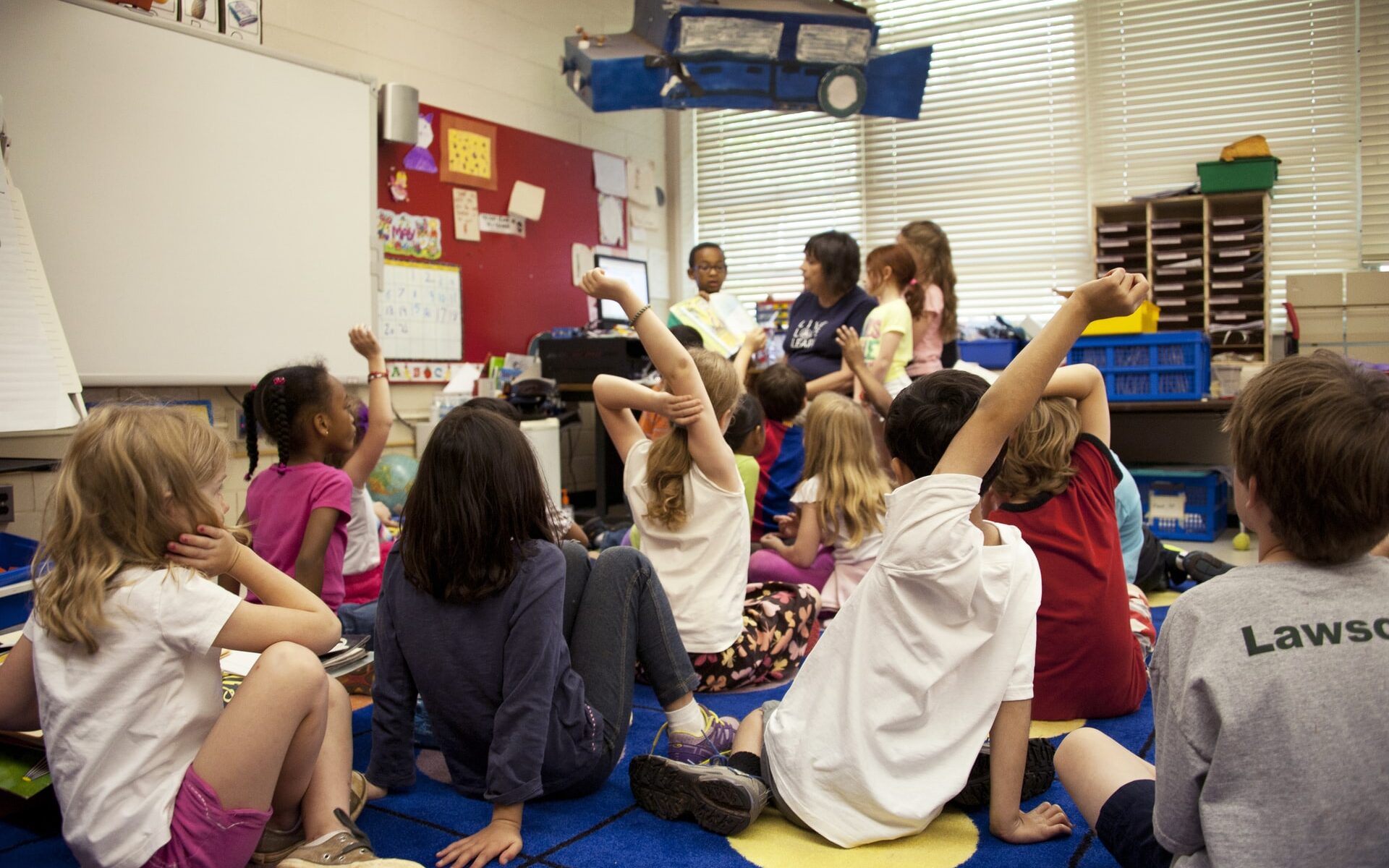Today has been the capstone to a rough week. Its been stressful and crazy and frankly a bit over the top. So much so that earlier this week, I had to just sit in my car and breathe after another round of things going wrong. Before I go on with my sob story, let me just say things got better at the end of the week, and I feel much better.
But perhaps because of that stress, I feel like I literally ran out of energy towards the mid day mark. I kept it going, into an AMA session hosted by a well known investor, and then, I just crashed. I had to go have a short lie-down. I felt my eyes were closing on me, and my brain felt like molasses. It’s like walking in the water, you feel like something is dragging you back.
As I went off to have my lie-down (only about 15 minutes, and one of the perks of being an entrepreneur), I started thinking about hunger. Specifically hunger in kids, specifically hunger as it affects school age kids.
Children who are malnourished are statistically more likely to underperform at schools. There are numerous studies that prove this correlation (NIH study : https://www.ncbi.nlm.nih.gov/pmc/articles/PMC6230243/). The Borgen project breaks it down into plain English :
Children experiencing hunger are more likely to have problems with memory and concentration because they do not have the energy to carry out these functions. Malnutrition can tamper with sleeping patterns as well, making a child too tired to get anything out of a full day of school. Additionally, the brain develops rapidly at a young age. Without the right nutrients, the brain cannot develop properly, resulting in long term effects on learning abilities.
The Borgen Project
When we think about the cycle of poverty, we can understand that poor circumstances in childhood lead to malnutrition, which leads to reduced performance in schools, which leads to social and behavioral issues. This leads ultimately to unstable employment, and ultimately passes this cycle on to the next generation.
Not addressing malnutrition among the youngest and most vulnerable in society is dooming them to continue the cycles of injustice and poverty, and let’s be honest, disproportionately affects black and brown communities (not exclusively but disproportionately). Especially within the context of the pandemic, these cycles have been exacerbated by the twin impacts of economic loss and school closures (which are often the one place where a child is reliably able to obtain nutritious food).
Meals and snacks from schools or child care centers fulfill up to two thirds of children’s daily nutritional needs and are generally healthier than those brought from home. The short-term health effects of missed meals include fatigue and reduced immune response, which increase the risk of contracting communicable diseases. Even brief periods of food insecurity can cause long-term developmental, psychological, physical, and emotional harms. Children from low-income households, who are already at higher risk for poorer health and academic performance than children from high-income households, may be further disadvantaged by nutrition shortfalls.
https://www.nejm.org/doi/full/10.1056/nejmp2005638
So as we spend some time in reflection and prayer, consider the weakest and most vulnerable among us, and let us think of ways we can address this need. Hunger is a world wide problem, but is especially inexcusable in the context of our developed and affluent society! My prayer is that in my time, I would see people stretch their hands and resources to eradicating this issue and I pray I would see us make a real dent, and feed the hungry.
Blessings!

